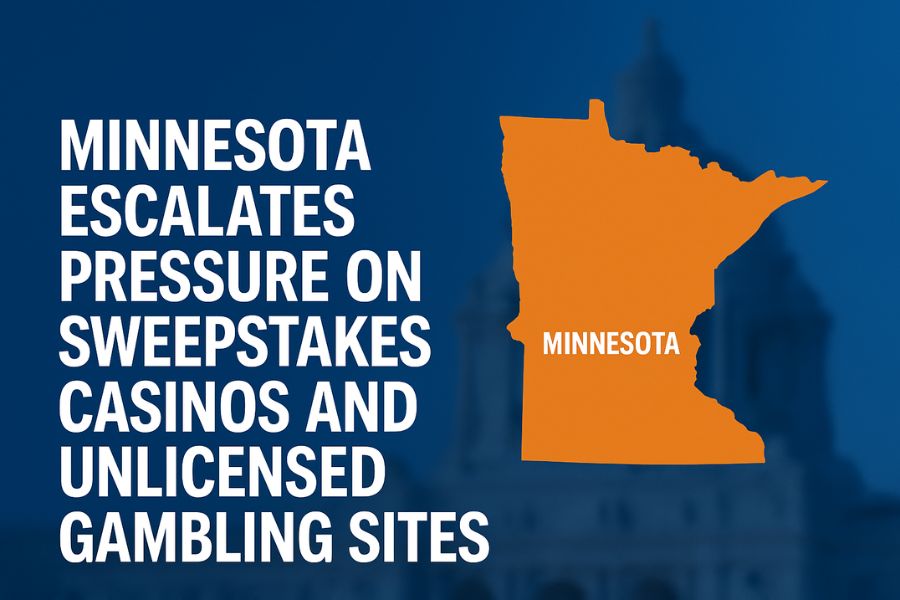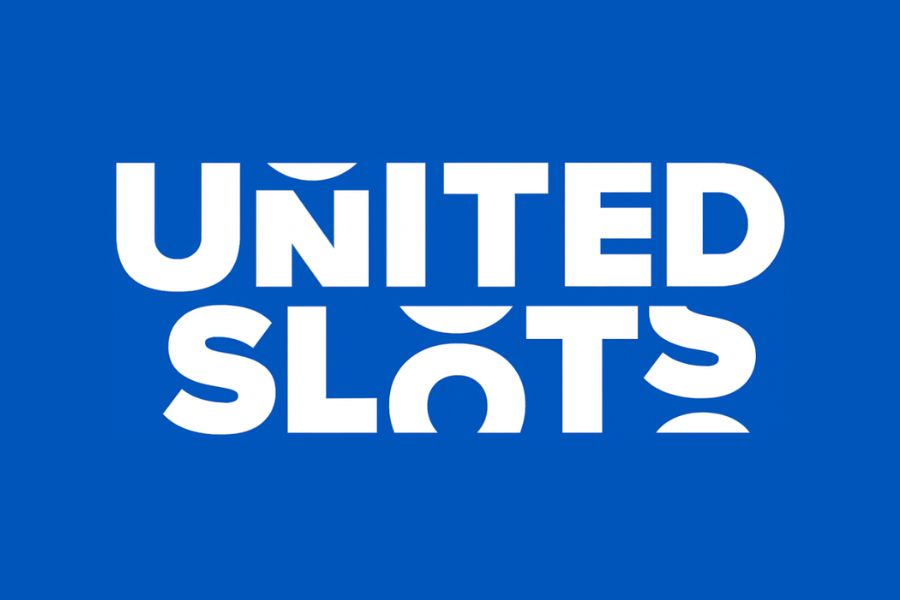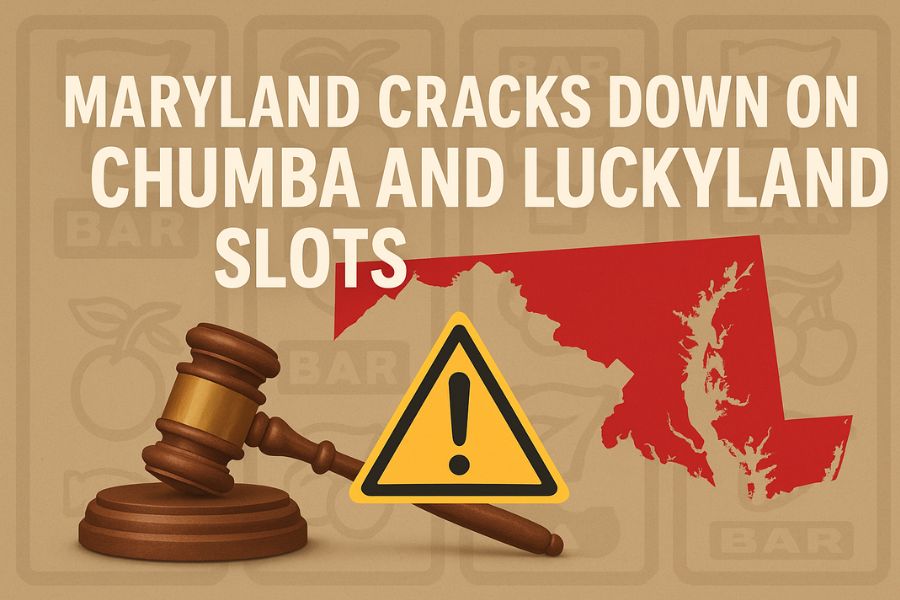Minnesota regulators are turning up the heat on sweepstakes casinos and other unlicensed gambling platforms. State officials say they contacted more than 20 operators on June 1 to demand they either stop serving Minnesotans or change how they operate.
The push is meant to protect consumers and prepare the ground for any future, fully regulated market. While other states have used formal cease-and-desist orders, Minnesota’s Alcohol andGambling Enforcement (AGE) division relies on outreach and investigations, and results have been mixed so far.
What Minnesota Is Doing and Why It Matters
Minnesota’s AGE has warned operators tied to sweepstakes casinos and offshore sportsbooks that their sites may violate state law. Targets reportedly include brands like Stake.us, LuckyLand Slots, Fortune Coins, Zula, and McLuck.
Officials say the goal is to reduce illegal access, steer players to legal options, and limit risks like no recourse for payouts, lack of player protections, and unclear dispute processes.
Unlike some states, Minnesota does not currently have a legal online sports betting market. Lawmakers have tried multiple times, but bills stalled, in part over who would control licenses. That limbo has left a gap where unregulatedsites can attract Minnesota players.
Regulators argue that pushing back now helps consumer safety and avoids confusion if lawmakers eventually approve a regulated market.
Other states show why this approach matters. In New York, the Attorney General sent cease-and-desist letters to 26 sweepstakes casinos, and the platforms agreed to stop selling coins that could be redeemed for cash. In Louisiana, regulators sent 40+ orders, prompting several operators to exit the state.
Minnesota doesn’t issue those formal orders, which may make enforcement slower, but the message to operators is the same: comply or leave.
What Players and Operators Should Expect Next
For players, the state’s message is simple: stick to legal options. The Department of Public Safety has warned that illegal online gambling can lead to no refunds, unfair play, and no oversight.
If a site isn’t regulated, users may be at risk if something goes wrong from locked accounts to withheld payouts. Players should review terms, check a site’s licensing, and avoid platforms that sell “coins” redeemable for cash.
For operators, the pressure is likely to increase. Minnesota is aligning with a national trend where state AGs and regulators are taking a harder line, especially on dual-currency sweepstakes models.
Even prediction markets are under scrutiny as federal and state officials debate where they fit under gambling law. If Minnesota moves closer to legal sports betting, expect even more focus on keeping unlicensed competitors out of the market.
The bottom line: Minnesota is signaling that unregulated sites serving its residents should change course or prepare to leave. Whether through outreach, public warnings, or coordination with other states, the pressure is building.
For readers following sweepstakes casinos in the U.S., Minnesota’s actions are another sign that 2025 is a year of tightening rules and more active enforcement even in states still debating how to legalize online betting.




